
Before getting into why study law in the UK, let’s understand what the degree means and the two main paths that are available to take after completing your law degree in the UK.
A degree in law begins with an LLB. It is one of the foundational degrees needed for law. It opens up numerous career options as we will see in the following sections.
However, as a lawyer, there are two main paths ahead in the UK. You can become either a solicitor or a barrister. While they work closely together, there are some distinct differences in the roles they play, and you have to choose one of the two.
Differences between a solicitor and a barrister:
|
Solicitor |
Barrister |
| Roles |
- Does legal work outside the court
- Provides legal advice, drafts contracts, and negotiates settlement
- Has direct contact with clients
- Typically employed by law firms
|
- Defends people in court
- Specialises in courtroom advocacy and litigation
- Presents the legal work carried out by a solicitor in a court of law
- Wears a robe and wig
- A majority of the barristers are self employed
|
| Qualifying Exam to be taken after LLB |
- Solicitors Qualifying Examination (SQE) or Legal Practice Course (LPC)
|
- Bar Practice Course (BPC) followed by Pupillage (Internship equivalent)
|
| Average Salary |
- £66,860 per year in the London (Source: Glassdoor)
|
- £71,050 in London
(Source: Glassdoor)
|
Common Law vs Scots Law
Interestingly, there is also a difference between Common Law and Scots law. Common law jurisdictions include England and Wales, Northern Ireland, Ireland, Canada and India.
Historically, the Scottish law developed independent of the English common law, rooted in the Roman ideas of laws. So, while they share some commonalities, universities in Scotland typically give you the option to choose between Scots law and the Common law.
Now, let’s look at why study law in the UK for Indian students. There are a number of reasons why the United Kingdom is the first choice for many international students to study law.
1.Globally recognised universities and courses
The main reason is that UK’s common law is recognised in India and in many parts of the world, so it makes it possible to study law in the UK as an Indian student. The country has world class universities that are recognised all over the globe. Their reputation opens up job opportunities in various organisations and countries. These law schools not only focus on you learning the law but also help you learn the process of analysis and application, which are transferable skills. Most universities also come with an optional placement year that will allow you to gain practical knowledge.
2. Faster career track
Compared to countries like the US, Canada or even India, you can get on to the career track faster in the UK. India offers a 5 year integrated BA – LLB while the schools in North America have a 4 year bachelor’s degree. LLB in the UK’s duration is typically only 3 years, after which you are eligible to seek employment. However, if you choose to practise as a solicitor, you must take the SQE or LPC, which are essentially 1 year programmes.
3. Multiple career options
Studying law in the UK opens up a number of career options beyond the courts of the UK. At the undergraduate level, the first two years have mandatory courses such as common law, torts, corporate law and so on. However, you can choose specialisations in the third year that can prepare you for a career in the field of journalism, public policy, governance, finance or the corporate world.
4. Global exposure and skills
There is no doubt that the UK is one of the premier global ed destinations, particularly for higher education. That means that you will get opportunities to network with both students and faculty from across the globe.
Besides your legal knowledge, UK law schools also emphasise on developing your communication, research, analytical and critical thinking skills that are absolutely essential for any lawyer.
5. Life in the UK
The UK is also home to some of the most student-friendly cities in the world such as London, Bristol, Manchester and Glasgow. Life as an international student is more than academics and the UK provides varied opportunities to socialise. Moreover, international students can also access the free healthcare provided by the NHS.





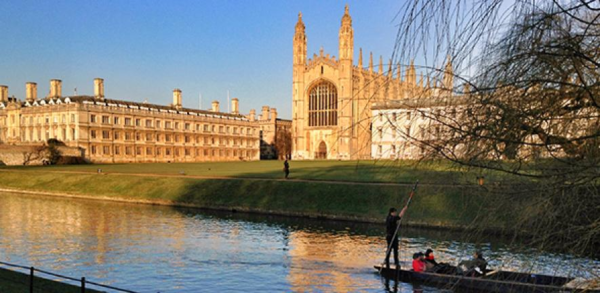
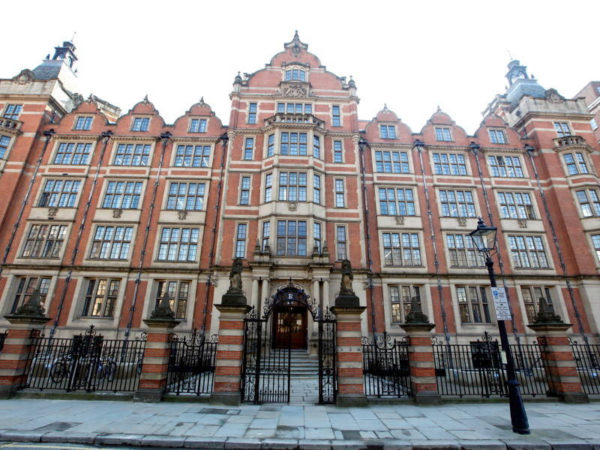
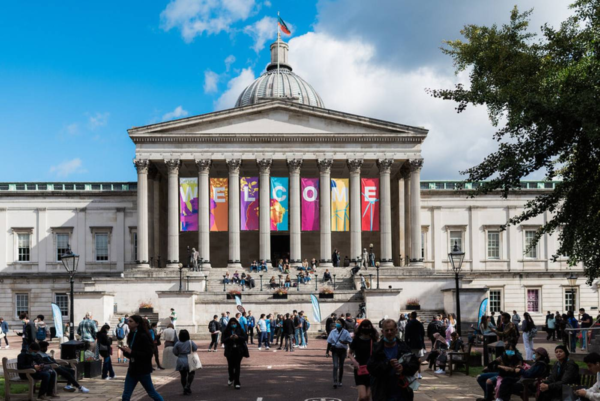
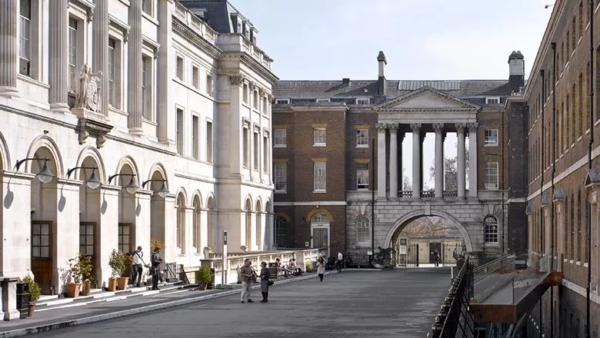






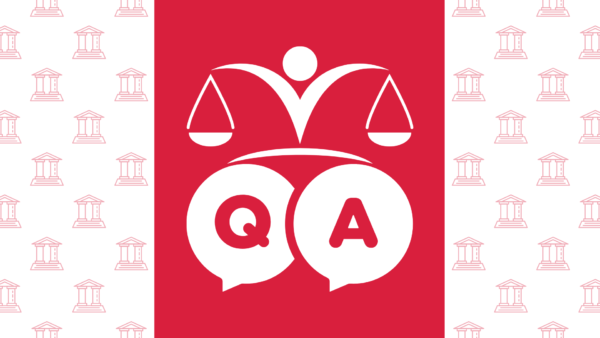







![Best Universities in New Zealand for International Students [2025 Rankings]](https://tcglobal.com/wp-content/uploads/2025/09/Best-Universities-in-New-Zealand-for-International-Students-2025-Rankings-600x338.png)